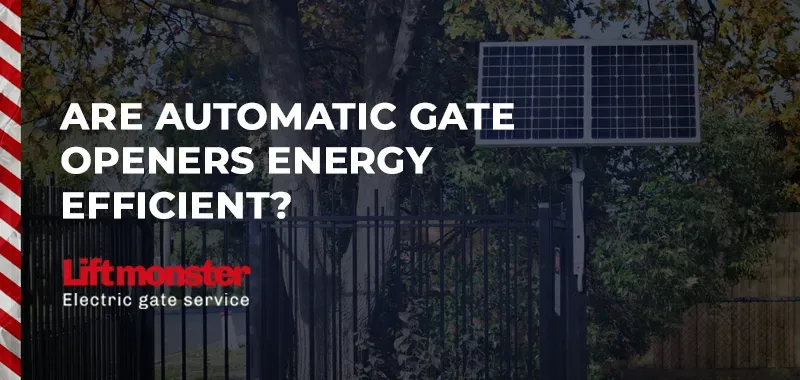Automated Gates VS. Manual Gates: A Comparative Analysis
Gates are the first line of defense for any property, providing security, privacy, and convenience. But when it comes to choosing between automated and manual gates, the decision goes beyond just ease of use and cost. Factors like long-term durability, safety mechanisms, adaptability to smart technology, maintenance requirements, and even the level of control they offer play a crucial role in determining which type of gate is the better investment. While manual gates have been a traditional choice for centuries, automated gates bring modern advancements that redefine security and accessibility.
In this detailed comparison, we’ll break down the differences between the two, analyzing key aspects that go beyond surface-level considerations. Whether you're upgrading your home entrance, securing a business property, or simply exploring the best option, this guide will help you make an informed choice. For professional gate repair service, reach out!
The Security Benefits That Automated Gates Bring
1.Automated Gates Provide Controlled Access, Manual Gates Rely on Physical Locks
Security is one of the primary reasons homeowners and businesses opt for gates. Automated gates provide enhanced security by allowing controlled access through keypads, remote controls, or mobile apps. They can be integrated with CCTV systems and intercoms for added protection. Manual gates, on the other hand, rely on traditional locks and chains, which can be broken or picked. Without automation, they are more vulnerable to unauthorized access.
2.Automated Gates Open with a Button, Manual Gates Require Physical Effort
An automated gate eliminates the need to step out of the car, especially in harsh weather conditions. With a simple press of a button, the gate opens and closes. In contrast, a manual gate requires physical effort to operate, which can be inconvenient, particularly for elderly individuals or those with mobility issues.
3.Automated Gates Offer Fast Entry, Manual Gates Can Cause Delays
Automated gates operate swiftly with mechanisms designed for quick opening and closing. This is particularly beneficial in high-traffic areas like gated communities and business premises. Manual gates, however, take time to open and close, causing potential delays, especially during peak hours or emergencies.
4.Automated Gates Experience Mechanical Wear, Manual Gates Depend on Human Handling
Both types of gates are subject to wear and tear, but in different ways. Automated gates rely on motors and gears, which may require occasional maintenance due to electrical failures or wear from frequent use. Manual gates, on the other hand, can suffer from rust, bending, or structural weakening due to excessive physical handling and improper usage over time.
5.Automated Gates Have Sensors and Obstacle Detection, Manual Gates Rely on User Awareness
Safety is a crucial factor when comparing gate types. Automated gates come equipped with safety sensors that detect obstacles, preventing accidents, particularly involving children or pets. Manual gates lack such features and depend entirely on the user's attentiveness, making them riskier in busy households or commercial spaces.
6.Automated Gates Require Electricity, Manual Gates Operate Without Power
One key disadvantage of automated gates is their reliance on electricity. Power outages can render them inoperable unless they have backup power sources like solar panels or battery backups. Manual gates, in contrast, function independently of electricity and can be used anytime without concern for power availability.
7.Automated Gates Offer Smart Integrations, Manual Gates Are Basic
Modern automated gates can integrate with smart home systems, enabling remote operation through smartphones, voice commands, or scheduling functions. They can also be synced with security systems for enhanced monitoring. Manual gates lack these technological advantages, offering only basic access control without automation.
8.Automated Gates Need Regular Servicing, Manual Gates Need Physical Upkeep
While automated gates may last longer with proper maintenance, they require periodic servicing of motors, sensors, and electrical components. Manual gates, although free from electrical maintenance, need rust prevention, repainting, and proper lubrication to maintain functionality and aesthetics over time.
9.Automated Gates Increase Real Estate Appeal, Manual Gates Offer Limited Value Addition
An automated gate can significantly increase the value of a property by enhancing security and convenience. Real estate buyers often consider automated gates a premium feature. Manual gates, while still functional, do not add as much appeal or market value to a home.
10.Automated Gates Require Professional Installation, Manual Gates Are Easier to Set Up
Installing an automated gate involves integrating motors, electrical wiring, sensors, and sometimes internet connectivity, requiring professional assistance. Manual gates, on the other hand, have a simpler installation process and can often be set up without extensive technical expertise.
11.Manual Gates Can Be Opened Anytime, Automated Gates Need Backup Systems
During emergencies, quick access is vital. A manual gate can always be opened without delay, whereas an automated gate may require an emergency manual release in case of power failure or motor malfunction.
12. Automated Gates Offer Stronger Barriers, Manual Gates Can Be Broken Into More Easily
Automated gates often come with reinforced locking mechanisms and anti-climb designs, making them harder to break into. Manual gates, being physically operated, can sometimes be forced open with enough strength or with tools like bolt cutters.
13.Automated Gates Are Ideal for Businesses, Manual Gates Work for Small Spaces
For commercial and industrial properties, automated gates provide smooth operation without requiring staff to manually control access. They are especially useful for frequent entries and exits. Manual gates are more suitable for smaller spaces with low traffic.
14.Automated Gates Can Withstand Harsh Conditions, Manual Gates Require More Care
Automated gates are designed to function under varying weather conditions, with materials resistant to extreme temperatures, moisture, and wind. Manual gates, depending on their build quality, may require frequent maintenance to avoid rusting, warping, or damage due to prolonged exposure to the elements.
15.Automated Gates Have Higher Initial Costs, Manual Gates Are More Budget-Friendly
Automated gates require a larger initial investment due to the motorized system, electrical setup, and smart integrations. However, they add long-term value. Manual gates are more affordable initially but may require more frequent repairs and replacements, especially if they are used frequently.
The Winner: Which Gate Is Better for You?
The choice between automated and manual gates depends on your needs. If security, convenience, and long-term value are your priorities, an automated gate is the superior option. However, if budget, simplicity, and independence from power sources are more critical to you, a manual gate may be a better fit. Ultimately, automated gates offer far more advantages in terms of functionality, security, and ease of use, making them the preferred choice for modern homes and businesses.
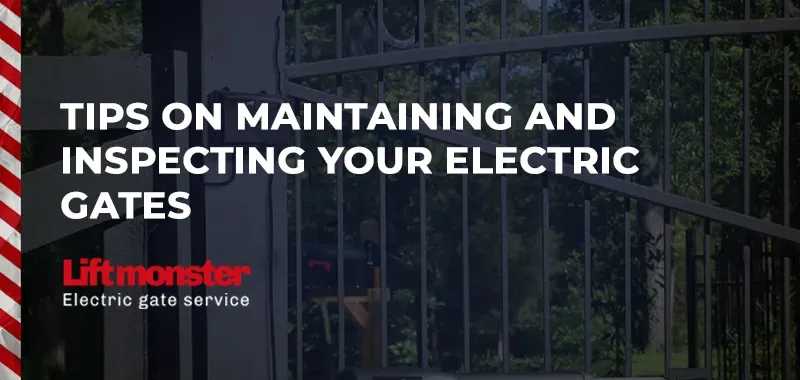
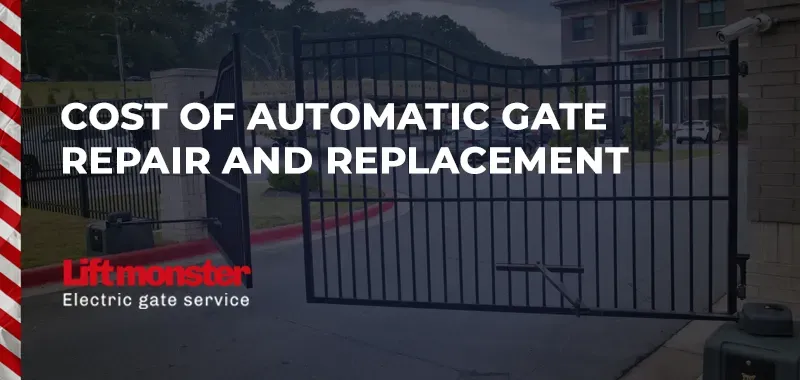
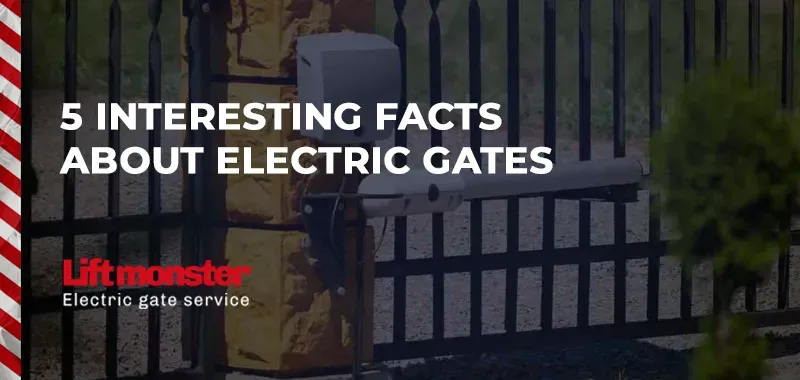
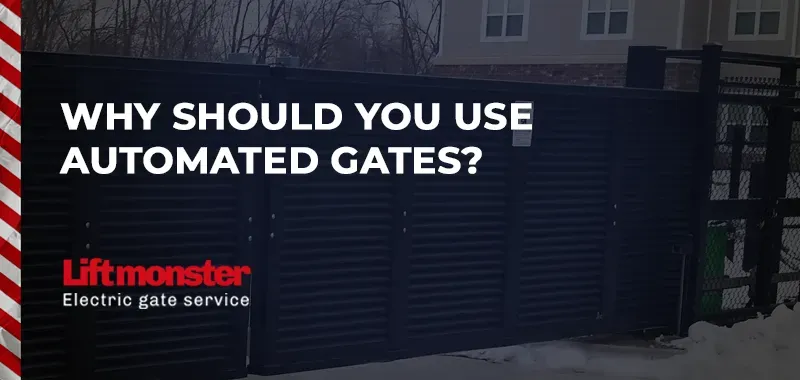
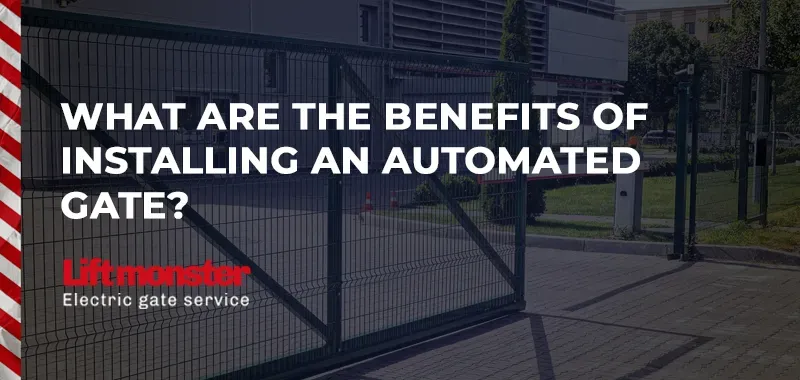
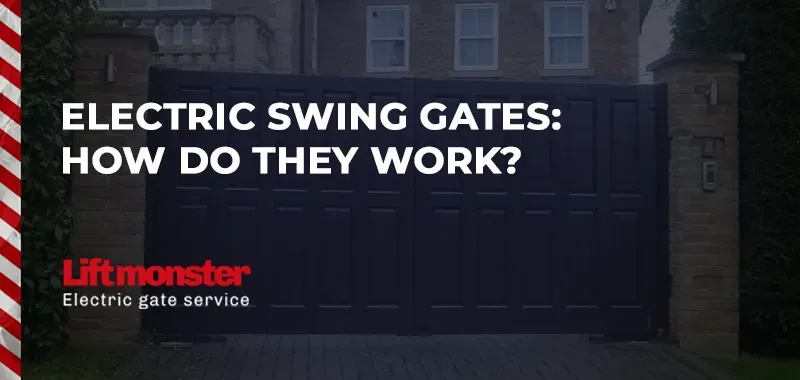
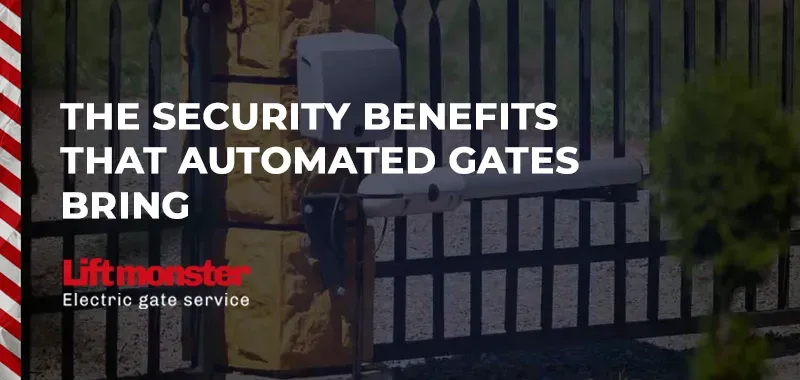
Copyright 2024 Lift Monster LLC
Design and Manage By Magenta SEO


